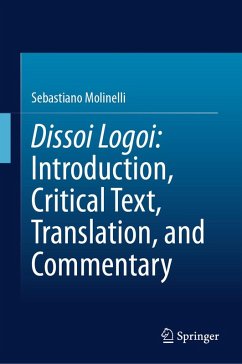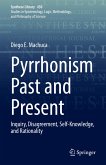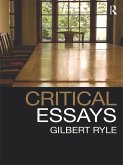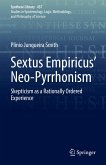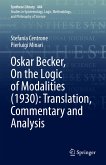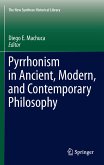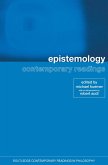This new critical edition of
Dissoi Logoi starts from a codicological analysis that is unprecedented in scope (the studied codices are twenty-six) and depth (their material, dimensions, transmitted works, provenance, date, scribe, first possessors, and current place of conservation are considered). On this basis, a new
stemma codicum and a new Greek critical text with parallel English translation are offered. The extensive introduction reconstructs the manuscript and printed transmission of the text and sheds new light on its nature and its reception in antiquity.
Dissoi Logoi appears to have been written between 355 and 338 BCE, in an Eastern form of Doric ¿¿¿¿¿, by a sophist who aimed to promote his course. It likely worked as a source for Sextus Empiricus, which contributes to explaining the work's collocation at the end of Sextus' codices. The third and final part of the book consists in a two-level commentary. First, the
Structural Commentary looks into blocks of chapters from a rhetorical and philosophical perspective. Then, the
Lemmatic Commentary delves into the most salient lemmas of the text, covering textual, linguistic, literary, and historical issues as well.
Dieser Download kann aus rechtlichen Gründen nur mit Rechnungsadresse in A, B, BG, CY, CZ, D, DK, EW, E, FIN, F, GR, HR, H, IRL, I, LT, L, LR, M, NL, PL, P, R, S, SLO, SK ausgeliefert werden.

